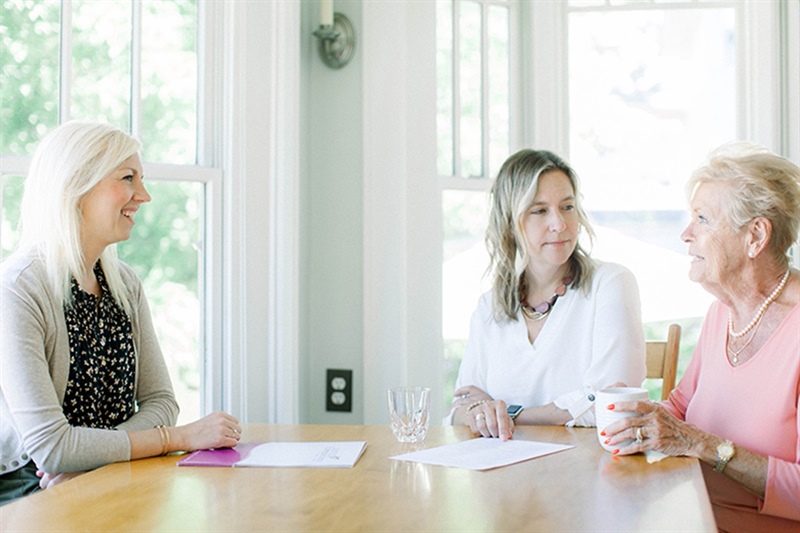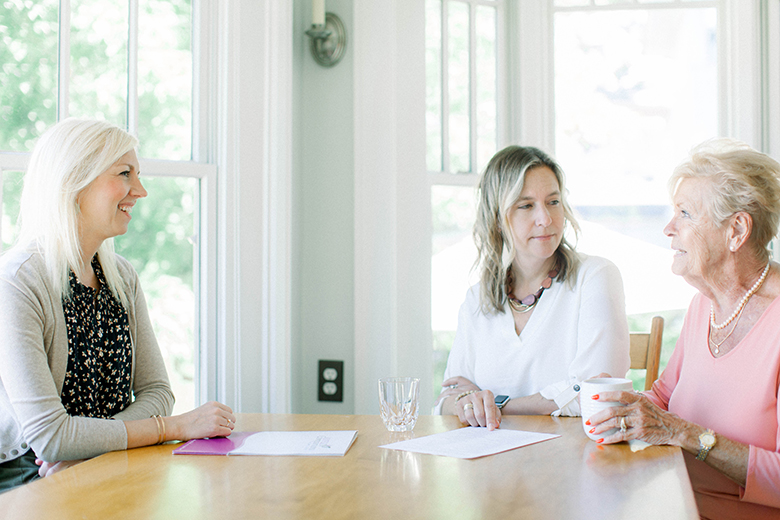First Steps for Families Dealing With a Loved One's Alzheimer's Diagnosis

When a loved one receives an Alzheimer’s diagnosis, it can be overwhelming and emotional for families. Taking productive initial steps can help families prepare for the journey ahead and support their loved ones effectively.
At Joyful Companions in Minnesota, we understand how difficult these situations can be. We provide attentive and compassionate care for your loved ones, including individuals with Alzheimer’s. To help you navigate this difficult time, we’ve put together some helpful tips for families.
So, take a deep breath and remember that everything will be alright.
Understand the Diagnosis
Now is a good time to learn about Alzheimer’s disease, its progression, symptoms, and what to expect. Understanding the disease will make it easier to plan, provide care, and anticipate changes.
Resources like the Alzheimer’s Association offer educational materials, support groups, and online courses.

Establish a Support System
You don’t have to go through this situation alone. Reach out to family, friends, and support groups who can provide emotional support and practical help.
Professional help can be a much-needed layer of support for your family. For example, including a social worker in your circle of support can be beneficial. They can provide a communication bridge and resources to care for your loved one.
Keep Communication Open
It is important to keep communication open between your loved one and support system. Conversations about expectations, fears, and caregiving roles can help everyone through the situation.
Discussing concerns openly can ease some stress and help everyone feel more prepared.
Organize Legal & Financial Matters
Addressing legal and financial planning early on is essential, as Alzheimer’s will impact decision-making abilities. Doing so now will protect your loved one’s wishes and reduce stress later on.
Work with a lawyer to create or update a power of attorney, healthcare directive, will, and financial plans.
Plan for Care Options
Explore potential care options, including in-home care, day programs, and long-term care facilities. Planning for different states of care can help ease the transitions later, and knowing your options allows you to make informed decisions.
Non-medical home care can help families avoid caregiver burnout. It can help your loved one with various tasks, such as social time, light housekeeping, eating regular meals, exercise, cognitive stimulation, and more.

Home care companions can also provide regular check-ins, which can help your loved one feel more comfortable. When the same caregiver companion visits your loved one, they can have a sense of routine, which is helpful for individuals with Alzheimer’s.
Hourly and temporary supportive services for individuals with Alzheimer’s can also help support your care team. These services are cost-effective, flexible, and can blend support into everyday routines.
Prioritize Self-Care for Caregivers
Caregivers can experience burnout while dedicating much of their time to a loved one. That’s why practicing self-care is so important.
Remember to take time for yourself, if possible, and lean on your support system when you need to. Maintain a healthy lifestyle as much as possible without losing too much of yourself into being a caregiver.
Support Your Loved One With Non-Medical Home Care Services by Joyful Companions
When you need non-medical home care services in the Twin Cities, turn to Joyful Companions. We provide flexible companion care, respite care, and regular check-ins to help your family support your loved one.
Don’t wait to request the help you need. Call Joyful Companions at 763-544-0401 or request a free consultation online.